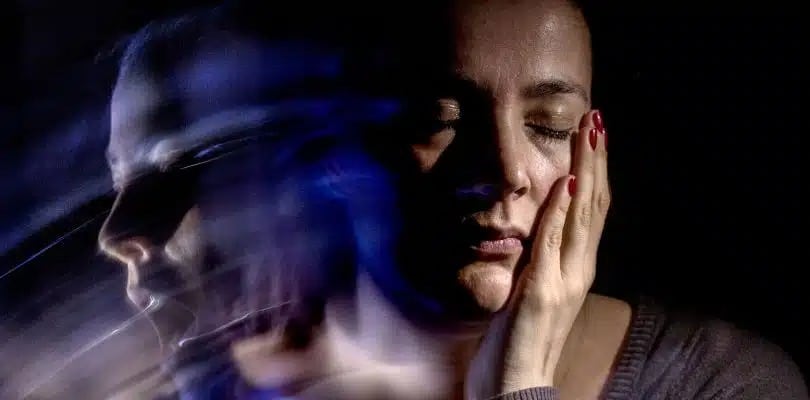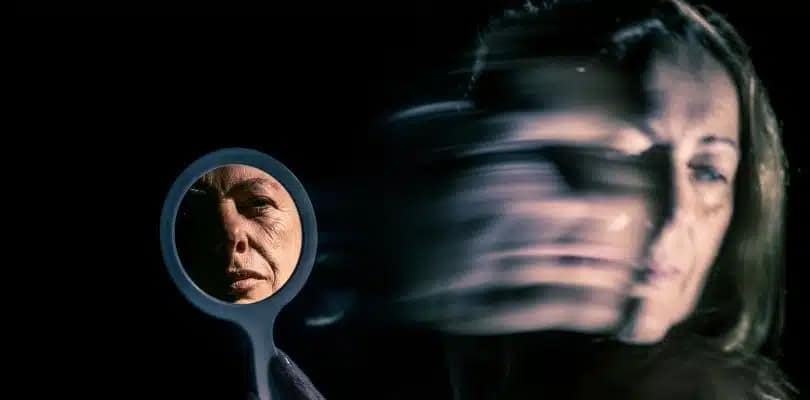Characterized by dramatic mood swings that take people from states of severe depression to manic elation, bipolar disorder is a common, co-occurring mental health issue. Many people in drug or alcohol addiction treatment find that they’ve been using drugs or alcohol to self-treat the symptoms of this simultaneously occurring disease.
In substance abuse treatment, having bipolar disorder professionally diagnosed and treated can mean the difference between success and failure in recovery. When recovering addicts have the right needs-specific tools and strategies for the long-term management of this illness, they are often no longer compelled to abuse substances.
There are four distinct types of manic episodes that people with bipolar disorder can experience:
Both manic and hypomanic episodes are characterized by excessive hostility or cheerfulness. However, while manic episodes can last a week or longer, hypomanic episodes typically span just four days or less. Major depressive episodes are periods of extreme depression that leave people unable to focus, function, or derive pleasure from any of their normal activities.
During mixed episodes, people with bipolar disorder experience some or all of the symptoms of major depressive episodes, manic episodes, and hypomanic episodes in rapid succession or all at once. Bipolar disorder can be classed as bipolar I or bipolar II, with bipolar II recognized as being markedly less severe than bipolar I.
Treatment for bipolar disorder is often ongoing. It typically includes various types of psychotherapy and the lifelong use of one or more forms of medication. People with bipolar disorder tend to fare best when a multi-pronged approach is taken. Long-term management of this disease typically includes medication-assisted treatment (MAT), diligent self-care, ample options for social support, regular participation in therapy, and effective stress management techniques.
Both substance use disorder and alcohol use disorder can exacerbate and intensify the symptoms of bipolar disorder. Thus, a commitment to ongoing addiction recovery is also a critical element for success. For people with bipolar disorder, dual diagnosis treatment limits the likelihood of relapse in addiction recovery. It also makes it easier to safely and successfully manage bipolar disorder as the primary mental health issue.
Bipolar disorder treatment is streamlined for meeting each person’s unique range of needs. As such, not everyone is given a combination of multiple drug types. For some, the use of antidepressants, anxiety medications, or antipsychotic medications isn’t deemed necessary. It’s also important to note that when bipolar disorder is believed to be substance-induced, treatment plans are regularly reviewed and revised as necessary to reflect marked and lasting changes in brain chemistry, brain functioning, and overall mental health.
Untreated bipolar disorder can cause performance-related issues at work or school, relationship challenges at home, suicidal thoughts and suicidal tendencies, and a host of financial and legal problems. It also greatly increases the likelihood of drug or alcohol abuse.
If you or a loved one requires mental health or addiction treatment, our treatment programs in Fort Lauderdale can help you. Start on the path to healing today!

The ultimate cause of bipolar disorder isn’t known. However, certain risk factors are believed to make people either more predisposed to developing this illness or more likely to have a first manic or hypomanic episode. These include:
Many people who self-treat bipolar disorder by abusing prescription medications, alcohol, or illicit drugs find that their symptoms become increasingly severe. Drug and alcohol abuse causes significant changes in the brain’s chemistry and alters the functioning of the central nervous system’s reward pathway. Over time, these changes can exacerbate a person’s existing bipolar disorder or result in the development of this illness.
Even people who have never exhibited any signs of mental illness in the past can develop bipolar disorder after heavily abusing drugs or alcohol or using highly addictive substances for extended periods of time. This is known as substance-induced bipolar disorder.
The most noticeable sign of bipolar disorder is dramatic changes in mood and mindset that take people from being incredibly upbeat and happy to extremely low, moody, and depressed. Not only is the change between these two states dramatic, but the elation and depression that people feel while in them is significantly higher than normal. Other signs and symptoms of bipolar disorder include:
People with bipolar disorder toggle between moods and behaviors that are as dramatically different as night and day. A high-energy person who believes that they can accomplish anything can quickly become downtrodden, depressed, low-energy, and low in self-esteem. Suicidal thoughts and suicidal ideation are also symptoms of this disease.
The mood swing induced by bipolar can lead to periods of high and lows, which can onset depression. Our depression treatment program in Fort Lauderdale can help you overcome this mental ailment.

Multiple medical and mental health assessments are performed when diagnosing bipolar disease. A full medical examination is used to rule out existing conditions that may be the root cause of a person’s manic episodes. Blood testing and urinalysis are often used to rule out various forms of thyroid dysfunction.
If conditions such as hyperthyroidism exist, medical treatments can be used to improve both physical and mental health at once. For some people, when thyroid dysfunction is treated, the symptoms of bipolar disorder gradually abate. However, when no physiological factors are determined to be the cause of a person’s manic behaviors, a psychological evaluation is used. Psychological evaluations include questions about:
Mental health professionals also seek to determine how manic episodes are impacting a person’s ability to function and their overall life. These final assessments are helpful for both diagnosing bipolar disorder and distinguishing between bipolar I and bipolar II.
Bipolar disorder and substance abuse go hand-in-hand. Untreated bipolar disorder sets the stage for substance abuse by causing people to use alcohol or drugs in an effort to obtain relief. Moreover, prolonged drug or alcohol abuse, even in people with no prior symptoms of mental illness, can result in the development of bipolar disorder.
In both instances, continuing to abuse substances can exacerbate and heighten the symptoms of this disease. It’s additionally vital to note that many of the long-term side effects of certain forms of substance abuse can also intensify the symptoms of bipolar disorder. These include hypertension, heart disease, obesity, headaches, eating disorders, sleep disorders, and more.

At Agape Treatment Center, we’re staffed by a talented team of medical and mental health professionals. We always take an individualized approach when treating co-occurring disorders like bipolar disorder. This allows for accurate diagnosis, needs-specific management strategies, and the ability to distinguish between bipolar I and bipolar II. It also helps identify when this disease is substance-induced.
We offer multiple medical and therapeutic interventions, and we provide a diverse range of holistic therapies and other whole-health services. If you’re tired of living with manic episodes and the many problems they cause, we can help. Contact us now to get started.
